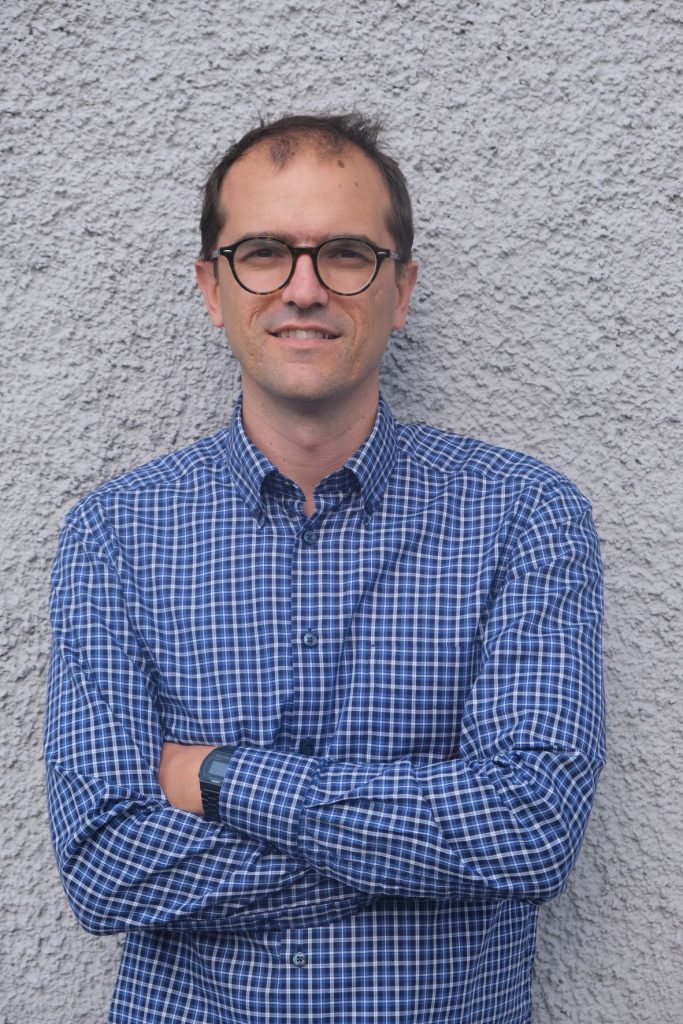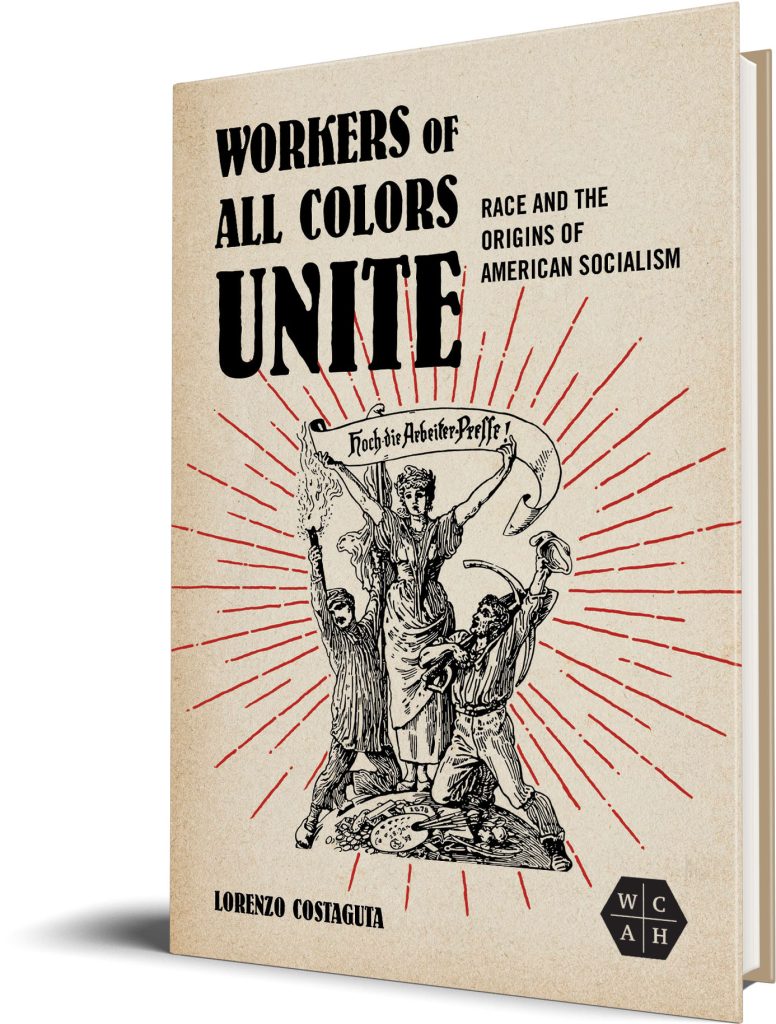Lorenzo Costaguta, author of Workers of All Colors Unite: Race and the Origins of American Socialism, answers questions on his new book.
Q: Why did you decide to write this book?
I have always been fascinated by the apparent contradiction of the United States being at the same time the quintessential capitalist country and a political system without a strong and organized left-wing, socialist or labor party. Researching the book was my attempt to find answers to this conundrum. For what concerns socialism, I did find answers that satisfy me in full. Many of them have to do with deconstructing the question in the first place and understanding the way in which radicalism impact on U.S. politics and society. The book spells everything out. I will let the readers decide whether what I write is convincing or not!
Q: What is the most interesting discovery you made while researching and writing your book?
Let me introduce you to the curious life of Adolph Douai (1819-1888). A native of Altenburg, Thuringia, Douai graduated from Leipzig University and worked as a private tutor in Russia before moving to the U.S. in 1853. He was an abolitionist in antebellum Texas, from 1853 to 1856, before his political convictions forced him to move North. The book reconstructs the whole life of Adolph Douai in the U.S. After his time in Texas, Douai was a relevant figure in the labor movements of Boston and New York and a shining light in the Socialist Labor Party from 1876 onwards. Douai was a staunch believer in pseudo-scientific theories of race and an arch-supporter of racial equality. A Marxist and a democratic. In a sense, Douai’s trajectory encapsulates the broader history I tell in the book – that of a socialist movement whose roots lay in the immigrant communities of the United States.
Q: What myths do you hope your book will dispel or what do you hope your book will help readers unlearn?
“Socialism” is a mistreated word in the United States. The long legacy of the Cold War and the word’s regular misuse in the news make it close to impossible to have a balanced appreciation of what socialism is and what role socialist movements had in U.S. history. I don’t expect my book to be able to demystify the entire conversation on socialism in the U.S., but I hope that its readers will appreciate the fact that this country has a distinctive tradition of socialist activism that should be told in the broader context of a global socialist movement. There are many ties linking the American and the global lefts, and many ways in which the two influenced each other.
Q: Which part of the publishing process did you find the most interesting?
The conversation on how to make the book a “better read” for a broader audience. This is a book stemming from a PhD. During the doctorate, the focus is on being rigorous, analytically sound and comprehensive. The publishing process forced me to rethink what I wrote through a different lens. Retaining the qualities of a PhD, but ensuring that the writing made them accessible to non-academic readers. It was a hard process, but intellectually stimulating.
Q: What is your advice to scholars/authors who want to take on a similar project?
Give yourself time to travel to archives, talk to archivists, immerse yourself in the sources. Finding the right angle to approach my project is what I found the most daunting. For months (years?), I kept struggling with issues of scale. How specific should the project be before it gets irrelevant? How broad before it gets too vague? Spending time in the archive allowed me to understand what kind of contribution the sources I was finding could offer to the broader historiographical conversation.
Q: What do you like to read/watch/or listen to for fun?
Podcasts! It’s my way to stay in touch with the news and learn about stuff – especially for what concerns the U.S. The problem is that there is so much out there, it’s impossible to stay on top of everything…

Lorenzo Costaguta is a lecturer in United States history at the University of Bristol.

